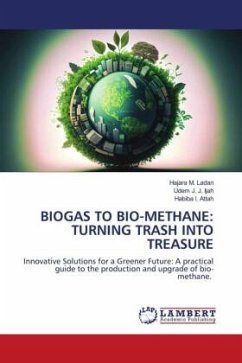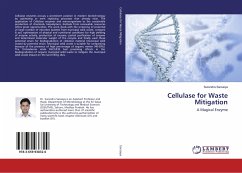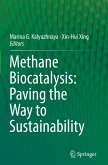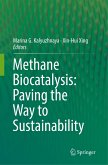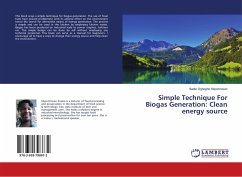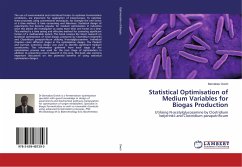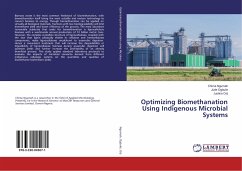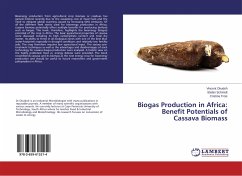The uncontrolled hazardous wastes from industries mixing up with municipal wastes create potential risks to human health and a major environmental concern is gas released by decomposing garbage which increases the concentration of atmospheric greenhouse gases. Subsequently, the cost and scarcity of improved petroleum products used for industrial, agricultural and domestic fuels are drastically increasing. This makes it difficult for most people to rise beyond subsistence level, especially in developing countries like Nigeria, and these realities have led to a boost in search for renewable and sustainable alternative to fossil fuels. Consequently, there are problems of global warming and climate change. These have become major environmental concern both at national and international level. This study was aimed to produce and upgrade biogas to bio-methane from municipal solid wastes (MSW) in Kaduna State, Nigeria.
Bitte wählen Sie Ihr Anliegen aus.
Rechnungen
Retourenschein anfordern
Bestellstatus
Storno

